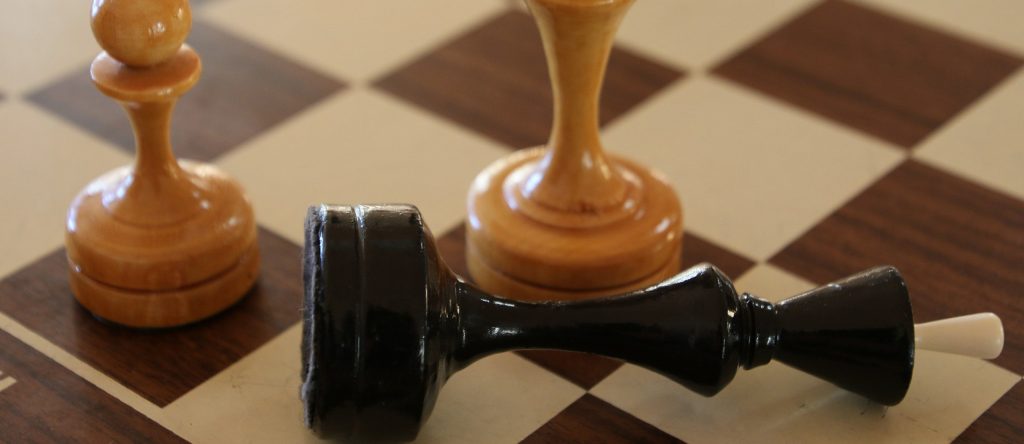Life tends to be full of losing and winning. Now, we try to ease the blow of a loss with participation trophies. These awards give a child that special feeling of contributing, especially in sports, regardless of what the score says. This sounds like a great idea initially. It doesn’t hurt a child’s self-esteem as much. It makes everyone feel included rather than like an outsider. But what is it teaching kids?
There was one time in high school when a friend of mine was hanging out at my house while we waited for her younger brother to finish up a peewee football game. Her mom and brother arrived after the game to pick my friend up and go home. We asked her brother “So, who ended up winning the game?” Her mom went on to talk about how there are no winners or losers because that instills a competitive attitude and that’s not what the game is about. She explained that the point was that everyone got to participate and was awarded for their spirit and for having fun. My friend’s brother waited patiently for his mom to finish talking, then looked at us and went, “Yeah, we won like 7-2.” So what is the point in trying to eliminate scores and focus on the participation if these kids still know who won or lost?
Anyone who has lost at something knows it’s not necessarily a good feeling. In fact, it can really damage someone’s ego for a bit. But losing is an inevitable part of life. I think it’s better to learn from a young age that it’s okay to lose and it’s okay to win. That desire to do better that stems from losing can be a huge motivating force. We need to learn how to make mistakes and learn how to move on from those mistakes. We need to learn when we need to up our work and do better. We cannot set the bar low if we want to improve, not only as a single person but also as a global community. If we constantly tell people that their efforts were enough when they were nowhere near enough, we breed apathy and the lack of drive to do better.
Winning is also something that should be coveted. It takes a lot of work and dedication to win something. For a lot of people, playing soccer, for example, is a hobby they do outside of school. There are a lot of people who are incredibly passionate and dedicate hours and hours of practice and work to soccer. Is it fair to let those who work hard to win get the same award that those who didn’t try as hard got?
Not everyone can always be a winner. We need competition. We need to lose to learn to get back up and try again. We need to learn to get better rather than accept that simply putting some minor effort is good enough. We need to learn that participation trophies are not helpful.





